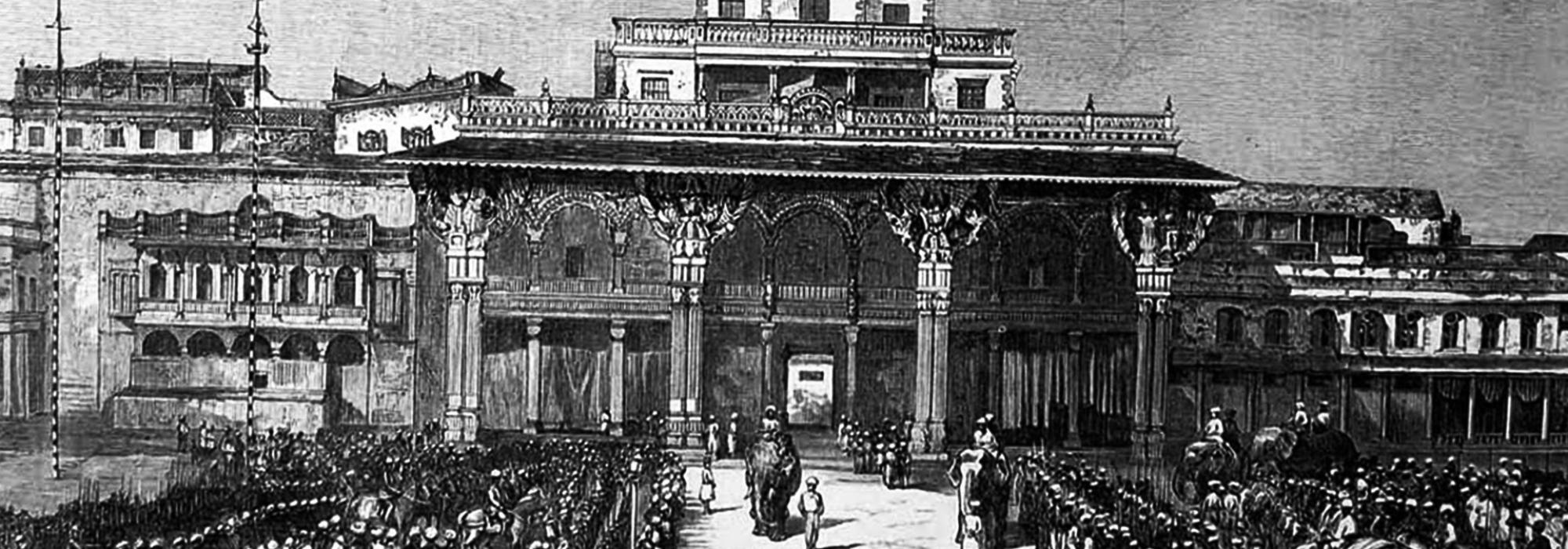V. Representative Council
i. First and foremost, we need two major developments: a. Membership should not become a means of livelihood. The salaries and perquisites (perks) should be reduced. Those who lack the level of financial comfort to tolerate a certain amount of loss and toil for the larger cause of the nation can enter politics after gaining wealth and financial stability through other means. b. We should avoid giving an opportunity to those who fulfil their selfish needs by threatening to shake or bring down the cabinet of ministers.
ii. Duty of the Council: The primary task of the Representative Council is not to initiate or undertake some work of the State; it is acceptance or rejection (of proposals). To commence or execute a work is the responsibility of the cabinet of ministers. To examine that which has been put forth by the cabinet of ministers, to offer suggestions and changes, and to give approval – these are the activities of national service expected from the Council. If a proposal of the cabinet has been deemed unfit for execution, to keep aside such a proposal will be the right thing to do. As an allied activity, it is the duty of the Council to call for an investigation of the administration, when necessary. Thus, a thorough and critical examination of the government and an offering of suggestions and opinions related to government matters – these are the two legitimate rights of citizen representatives.
iii. Majority: It is right for the Council to decide on various issues based on the majority vote. But what should be the magnitude of the majority vote? Out of 100, if 51 are on one side and 49 on the other, can we say that it is only the decision of the 51 that is worthy of executing? It is indeed suspicious if one claims that two votes justifies the term ‘majority opinion.’ How do we learn the nature of those two people? Therefore, if we have to justify the term ‘majority,’ it should at least be two-thirds. If the Council members who have taken a certain decision are less than two-thirds, then the final decision should be left to the discretion of the cabinet of ministers. If the issue at hand is urgent, then the cabinet of ministers can keep that decision as a point of reference and execute the necessary tasks. Else, they may bring up the issue once again for discussion in the Council. In this scheme of things, whichever idea has strong backing of many members of the Representative Council will prevail. The idea that has strong opposition is discarded. And the idea that has comparable levels of support and opposition is left as status quo—if it’s not a matter of urgency—and is decided later.
iv. Policy of the Government: In this scheme of governance – a. Important thoughts and resolutions of the government cannot reach the execution stage unless they are scrutinized by the Representative Council. b. The cabinet of ministers must have a combination of administrative experience and vision of social welfare. c. If the Governor finds a certain minister to be incompetent or cantankerous, he can expel such a minister and appoint another. d. Even if the Governor does not dismiss the minister from his post, after a period of three years (or four or five years), he has the opportunity to appoint another person. e. The Governor himself is answerable to the President. f. The President and the Governors must constantly observe the discussions and decisions of the Representative Council as well as the general opinion of the public.
In any system of governance, we have to inevitably embrace some organization of authority that has the final decision-making power. In the highest echelons, we have to believe in some individual; there is no alternative to having faith in this individual. The Representative Council on one side and the Governor or President on the other – if both of them, at the same time, turn rogue, we are then to believe that the Divine has turned against us. In such a situation, what can anyone do!
The aforementioned ideas are merely indications, not conclusions. These indications may trigger thoughts, discussions, and critical examination; they must attain maturity and refinement through repeated contemplation and research.
We are yet to realize the system of governance that will suit the needs of our country. It is impossible to realize it in all its diverse dimensions in a single attempt; it is impossible for even the brightest of minds. It will be made possible only by the sustained and Herculean efforts by several people. Further, whatever is possible is only to a small extent. Daily experiences that drive constant examination pave the path to refinement; and this culturing and refinement is not something that will be completed in a day – just as we change our food and clothing to suit the changes in seasons and circumstances to ensure a strong body free of disease and debilitation, the State too has to make transitions and course corrections according to the change in the situations and surroundings. Introspection and refinement of ideas are the means to Health.















































